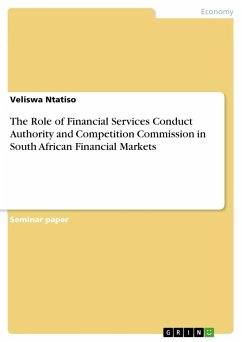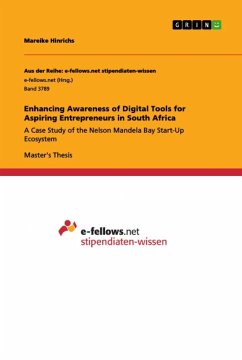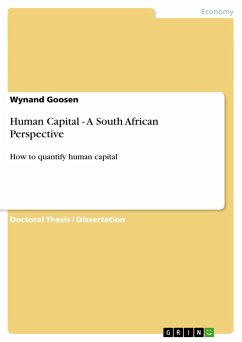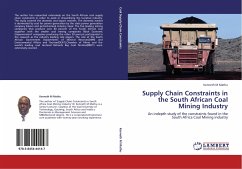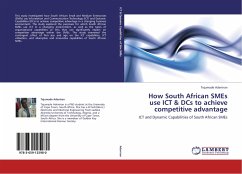Seminar paper from the year 2022 in the subject Business economics - Investment and Finance, grade: 82%, , course: Financial Economics, language: English, abstract: This paper deals with an in-depth examination of the financial industry in South Africa, a sector recognized as one of the most developed globally and with significant ties to the country's economic growth. The banking sector, in particular, is characterized by a concentration of power within a few major institutions, responsible for more than 90% of the industry's revenue. However, this robust financial system faces several challenges, including high financing costs, limited financial inclusivity, susceptibility to collusion, and a lack of innovation, all of which contribute to a relatively low level of competitiveness in the market. The paper's primary aim is to investigate the roles and functions of two key entities, the Financial Institutions Regulatory Authority and the Competition Commission, within the South African financial markets. This investigation occurs in the context of regulatory changes, specifically the implementation of the Financial Sector Regulation (FSR) Act, which has expanded the regulatory reach of the Financial Sector Conduct Authority (FSCA). The FSR Act now covers financial products and services not previously regulated by the Financial Services Board (FSB), encompassing areas such as banking, loans, and foreign currency transactions. A comprehensive research methodology is adopted, incorporating both qualitative and quantitative approaches. It scrutinizes the dynamics of the South African banking sector, evaluating the impact of these regulatory changes on market competition and consumer protection. Additionally, the paper explores the extent to which these regulatory developments contribute to enhancing access to financial services and facilitating the restructuring of the financial industry.
Hinweis: Dieser Artikel kann nur an eine deutsche Lieferadresse ausgeliefert werden.
Hinweis: Dieser Artikel kann nur an eine deutsche Lieferadresse ausgeliefert werden.

